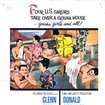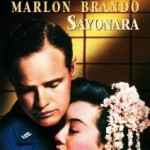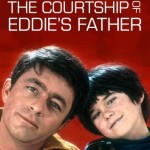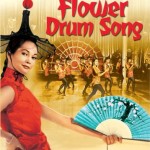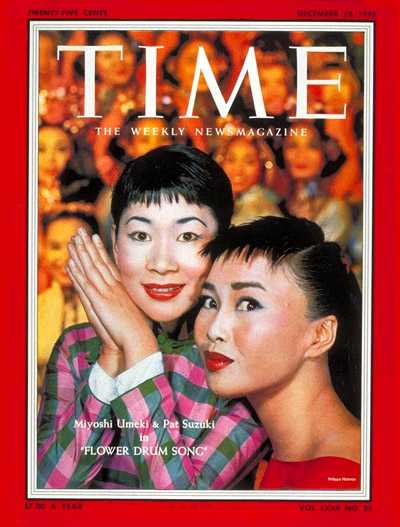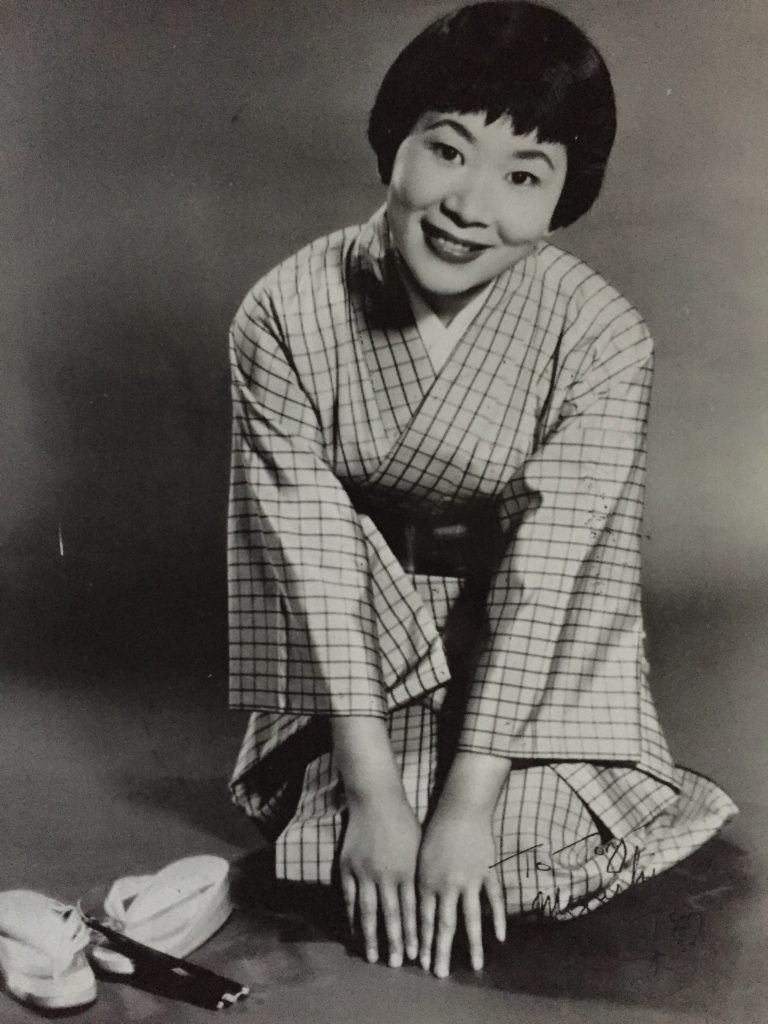
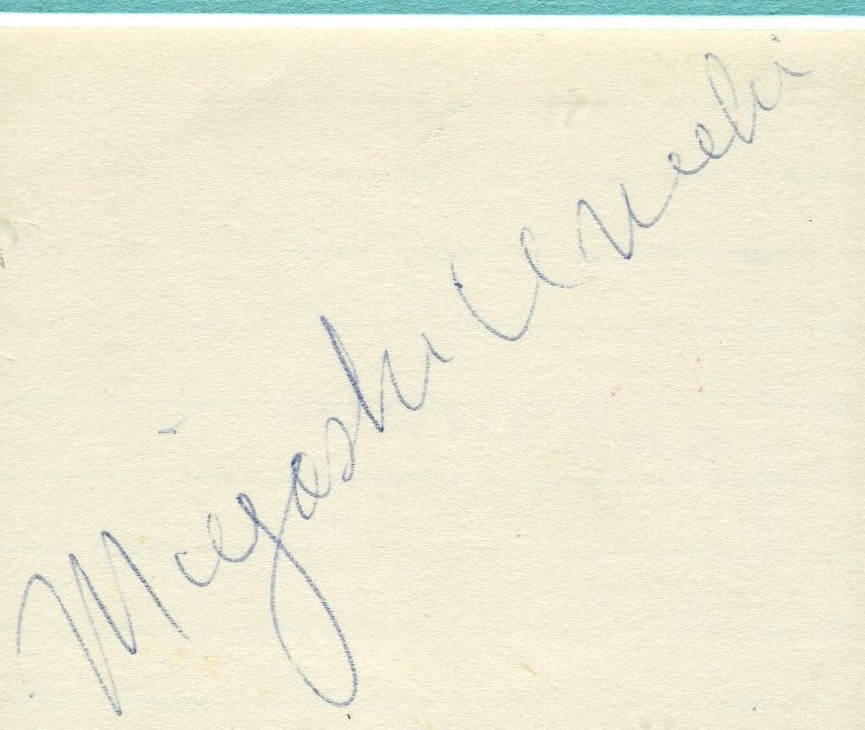
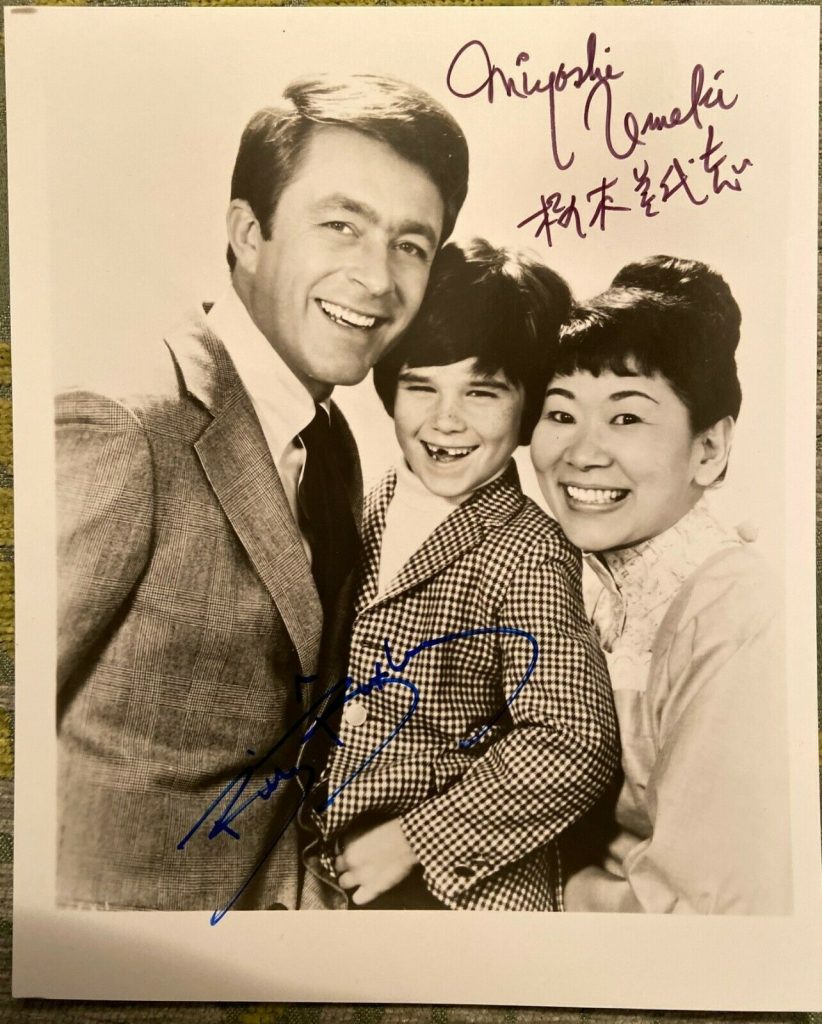
Tom Vallance’s obituary in “The Independent” in 2007:
Miyoshi Umeki, a demure, appealing actress with a wistful smile and the ability to convey unfettered innocence, was the first Asian performer to win an Oscar. In her first Hollywood film, Sayonara (1957), an adaptation of James A. Michener’s novel about American servicemen in occupied Japan in the early Fifties, she gave an extraordinarily moving performance as Katsumi, a Japanese woman who falls in love with and marries an American airman. When he is ordered back to the United States, but told that he may not take his wife with him, the couple commit suicide.
Umeki won the Oscar as best supporting actress for her performance, and Red Buttons, who played her husband, won the supporting actor award. In 1959 she triumphed on Broadway as a star of the Rodgers and Hammerstein musical Flower Drum Song, for which she received a Tony nomination.
Born in Otaru, Hokkaido, Japan, in 1929, Miyoshi (meaning “beautiful life”) Umeki was one of nine children. She became a radio and nightclub singer in her teens, recorded for RCA Japan (billed as Nancy Umeki), and after the Second World War she became known to American occupation forces in Japan, where she was the first singer to record American songs. Later she stated that she used to feel disturbed that she was paid: “Old family have strange custom. Girl shouldn’t work. I felt bad because now I’m getting paid, really working.”
In 1955 a talent scout advised her to move to New York City, where she sang in nightclubs, appeared on Tennessee Ernie Ford’s television show, and acquired a recording contract with Mercury Records. The television personality Arthur Godfrey, known as a shrewd talent-spotter, gave her a regular slot on his morning variety show, Arthur Godfrey and His Friends, and she was seen on the programme by the director Joshua Logan, who was preparing Sayonara and realised that she would be ideal to play the tragic Katsumi. Umeki’s only prior movie experience had been in Japan, where she played a Siamese cat in a fairy tale.
Umeki’s Oscar win was something of a surprise – the tipped favourites were Elsa Lanchester in Witness for the Prosecution and Carolyn Jones for The Bachelor Party – and Umeki told the audience: “I wish someone would help me right now. I didn’t expect, and have nothing in my mind.” Though she was the first Asian to win the award, another Asian was nominated the same year – Sessue Hayakawa for his supporting performance in The Bridge on the River Kwai.
The stage musical Flower Drum Song started life as a novel by C.Y. Lee about the conflicts between first- and second-generation Chinese living in San Francisco, and its dramatic possibilities appealed to the songwriting team of Rodgers and Hammerstein. Richard Rodgers recalled, “Josh Logan had told me about a Japanese girl named Miyoshi Umeki who had a slight but adequate voice, and she turned out to be just right for the shy heroine.”
In Flower Drum Song, directed by Gene Kelly, she was perfectly cast as the naive mail-order bride who arrives in San Francisco with her father and promptly falls in love. With this realisation, she introduced one of the finest of the musical’s songs, “I Am Going to Like It Here”. Umeki was nominated for a Tony for her performance, and she repeated the role in the film version, produced by Ross Hunter in 1961. “It was the first time a mainstream Hollywood film had an all-Asian cast,” said her co-star Nancy Kwan. “The Asian community was very excited about that.” In this moderately faithful transcription, Umeki sang the three numbers she had introduced on Broadway: “I Am Going to Like It Here”, lovingly filmed with Umeki mostly in mid-close-up as she walks in the garden, “A Hundred Million Miracles”, and the amusing duet she shares with Jack Soo, “Don’t Marry Me”.
With roles for Asians still limited, Umeki appeared in only three more movies. She was a geisha girl in Cry For Happy (1961), a comedy in which four Navy men are unknowingly billeted at a geisha house, then she had roles in The Horizontal Lieutenant and A Girl Named Tamiko (both 1962). She was more prolific on television, doing guest spots in several shows including Dr Kildare, Rawhide, The Donna Reed Show and The Virginian. From 1969 to 1972 she had a recurring role as Mrs Livingston, philosophical if sometimes confused housekeeper, in the situation comedy The Courtship of Eddie’s Father, starring Bill Bixby, who described her as “the best actress I’ve ever worked with”. When the show’s run ended, Umeki retired.
Her last television appearance was in a salute to Oscar Hammerstein in 1972, and in recent years she refused to give interviews. (She was a notable absentee from the documentary on Flower Drum Song that was made to accompany the recently released DVD.)
The above “Independent” obituary can also be accessed online here.
Tom Vallance
TCM Overview:
As a teenager in her native Japan, Miyoshi Umeki began her show business career as a singer and dancer. She often performed on radio programs and in nightclubs. In the 1950s, she attempted to translate that success in the USA, landing a spot on “Arthur Godfrey and His Friends”, one of the many music-variety series then in vogue. In 1957, Umeki was cast as the Japanese woman who falls in love with an American soldier (Red Buttons) despite the US government’s policy banning interracial marriage in “Sayonara”. As the doomed bride, the beautiful actress offered a heart-breaking turn that earned her that year’s Academy Award as Best Supporting Actress.
As the studio system was in the beginnings of its decline, actresses in general were beginning to have a difficult time finding good roles. For an Asian woman, the problems were further compounded. Despite winning an Oscar, Umeki was unable to land a suitable follow-up and instead turned to Broadway where she starred in the 1958 Rodgers and Hammerstein musical “Flower Drum Song”, playing Mei Li, an illegal Chinese immigrant who arrives in the USA searching for a husband. While not on par with the best of the Rodgers and Hammerstein catalogue, “Flower Drum Song” was pleasant and popular, earning several Tony Award nominations, including one for its leading lady. When Universal adapted the material for the big screen, the studio took the rather unusual step of hiring Umeki to recreate her stage role. (Often those who appeared on Broadway were replaced by more bankable stars.)
The above TCM overview can also be accessed online here.
Although she acquitted herself in the 1961 film version of “Flower Drum Song”, Umeki still found additional roles scarce. In fact, the actress was to appear in only three additional movies, “Cry for Happy” (1961), “The Horizontal Lieutenant” (1962) and “A Girl Named Tamiko” (1963). Taking time off for motherhood, Umeki moved back to the small screen, garnering legions of fans among baby boomers as the wise and dependable housekeeper Mrs. Livingston on the ABC sitcom “The Courtship of Eddie’s Father” (1969-72). After the series ran its course, she operated a dance studio in North Hollywood for close to 20 years. In 1999, there was a flurry of misinformation about the actress when author Donald Reuter claimed he had tried to track her down without success for a book he was working on. Convinced she had “vanished”, his comments reprinted in tabloid newspapers — and the fact Umeki was one of the few living Oscar winners not present at a tribute on an annual telecast of the awards — fueled speculation about her whereabouts. The reality, though, was hardly a mystery; Umeki had retired to Hawaii.


